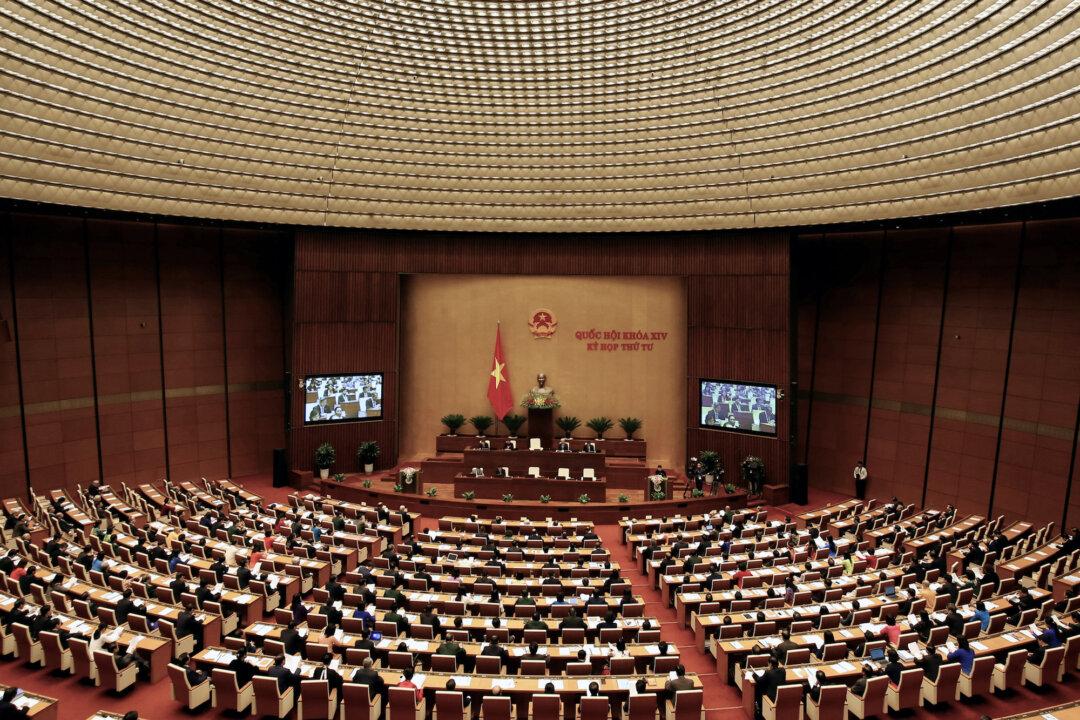Vietnam’s ruling communist party elected army Gen. Luong Cuong as its new president on Oct. 21.
Luong, 67, replaced To Lam, who was appointed president in May and took over the more powerful post of ruling communist party secretary-general after the death in July of longtime party chief Nguyen Phu Trong, who ruled the Southeast Asian communist regime for 13 years.




